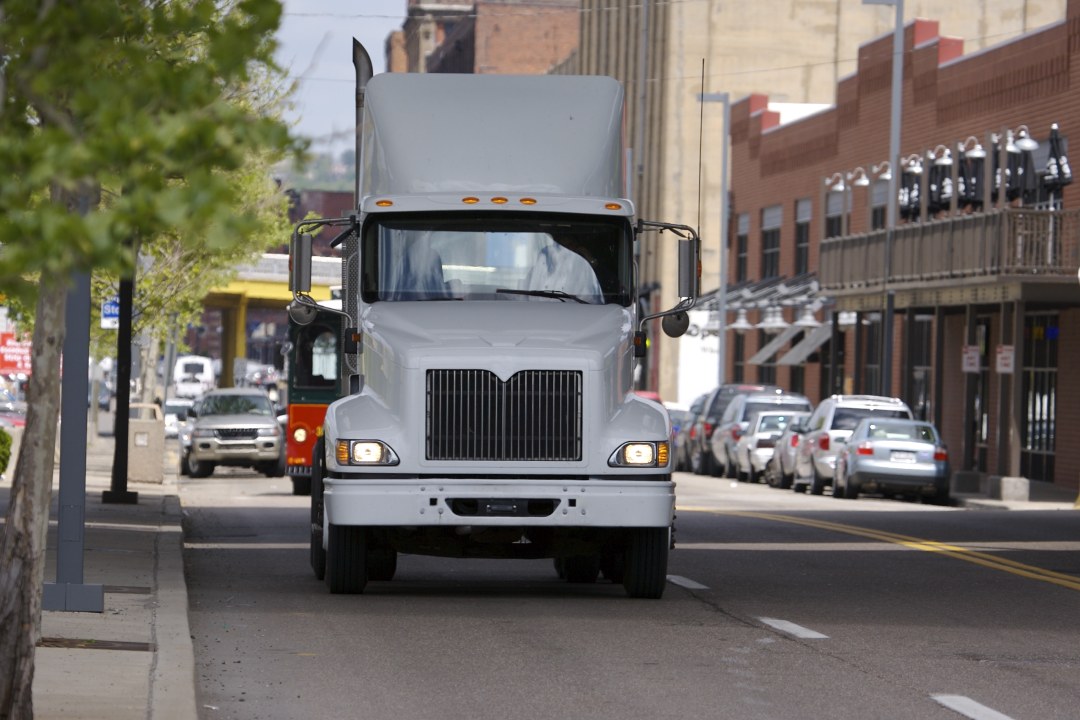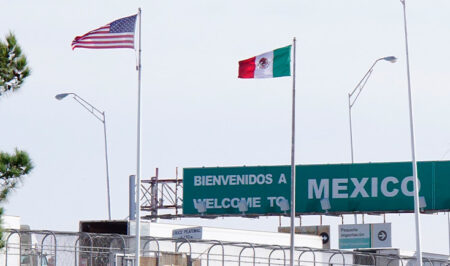The Most Common Extra Charges Involved in OTR Logistics Fees
Overview of OTR Logistics Fees
In the context of logistics and transportation, “OTR” stands for “Over-The-Road,” referring to long-distance trucking or transportation services that involve moving goods by road over significant distances. OTR logistics often come with various charges and fees that can add to the overall cost of transporting goods.
Freight Charges and Fuel Surcharge
Freight Charges: This is the base cost for transporting your goods from one location to another. It can vary based on factors like distance, weight, volume, and the type of goods being transported.
Fuel Surcharge: OTR transportation relies heavily on fuel, and the cost of fuel can fluctuate. To account for this, carriers often add a fuel surcharge to the freight charges, which can vary with fuel price changes.
Accessorial Charges in OTR Logistics
Accessorial charges are additional services or fees that may apply depending on specific circumstances. These charges can impact overall transportation costs and should be taken into account when budgeting for OTR logistics. Some common accessorial charges include:
Liftgate Service: If your shipment requires a liftgate to load or unload because there’s no loading dock, you may be charged an extra fee.
Inside Delivery: If the driver is required to deliver goods inside a building rather than just curbside, an inside delivery charge may apply.
Residential Delivery: If the delivery is to a residential address, this may incur an additional fee.
Detention and Layover Charges: If the carrier experiences delays in loading or unloading due to factors beyond their control, they may charge detention or layover fees.

LTL vs. FTL Charges and Other Extra Costs
Depending on the size of your shipment, you may be charged differently. LTL (Less-Than-Truckload) shipments typically involve sharing a truck with other shippers and are charged per hundredweight or by cubic feet. FTL (Full Truckload) shipments involve reserving an entire truck and are charged based on the entire load. Generally, FTL service is more expensive compared to LTL, and the delivery time is faster.
In addition to the base freight charges and accessorial fees, there are other extra costs to consider in OTR logistics:
Insurance: You may have the option to purchase cargo insurance to protect your goods during transit. The cost of insurance would be an additional charge.
Tolls and Permits: If the route taken includes toll roads or requires special permits (e.g., for oversized or hazardous cargo), these costs may be passed on to the shipper.
Accessorial for Special Cargo: If you’re shipping specialized cargo, like hazardous materials, perishable goods, or oversized items, there may be extra charges related to handling and compliance with regulations.
Storage Fees: If your goods need to be stored temporarily at a warehouse or distribution center due to delays or scheduling issues, you might incur storage fees.
Fees for Documentation: Some carriers charge fees for document preparation, such as bills of lading or customs documentation.
It’s important to communicate clearly with your chosen logistics provider or carrier to understand the full cost structure and any potential extra charges that may apply to your specific shipment. This can help you budget effectively and avoid unexpected costs during the transportation process.

FAQs
What are accessorial charges in OTR logistics?
Accessorial charges are additional services or fees that may apply in OTR logistics. These charges go beyond the base cost of transportation and depend on specific circumstances and requirements. Examples of accessorial charges include liftgate service, inside delivery, residential delivery, and detention or layover fees.
What are some common additional fees in OTR logistics?
In addition to freight charges, some common additional fees in OTR logistics include fuel surcharges, storage fees, fees for documentation, tolls, and permits, and accessorial charges for special cargo.
How do detention charges impact OTR logistics costs?
Detention charges occur when there are delays in loading or unloading due to factors beyond the carrier’s control. These charges can add to the overall costs of OTR logistics as carriers may charge for the additional time their trucks are held up at the pickup or delivery location.
What are the typical surcharges in OTR logistics?
Fuel surcharges are common in OTR logistics due to the fluctuating cost of fuel. Other typical surcharges may include accessorial charges for special services like liftgate service, inside delivery, and residential delivery. It’s essential to understand these surcharges to accurately estimate the cost of OTR logistics.
Reference
Some common extra charges you might encounter in OTR logistics
OTR Transportation: Time-Sensitive Temperature Controlled Freight






